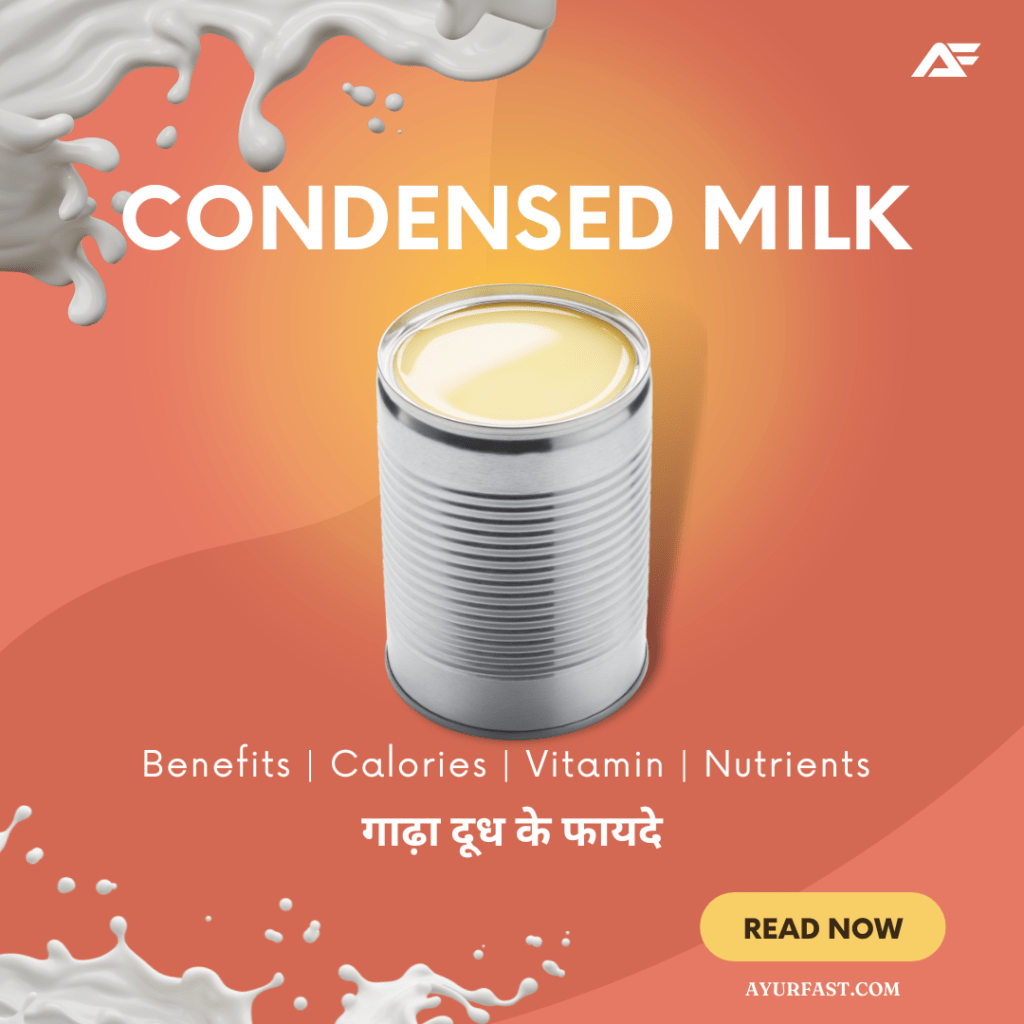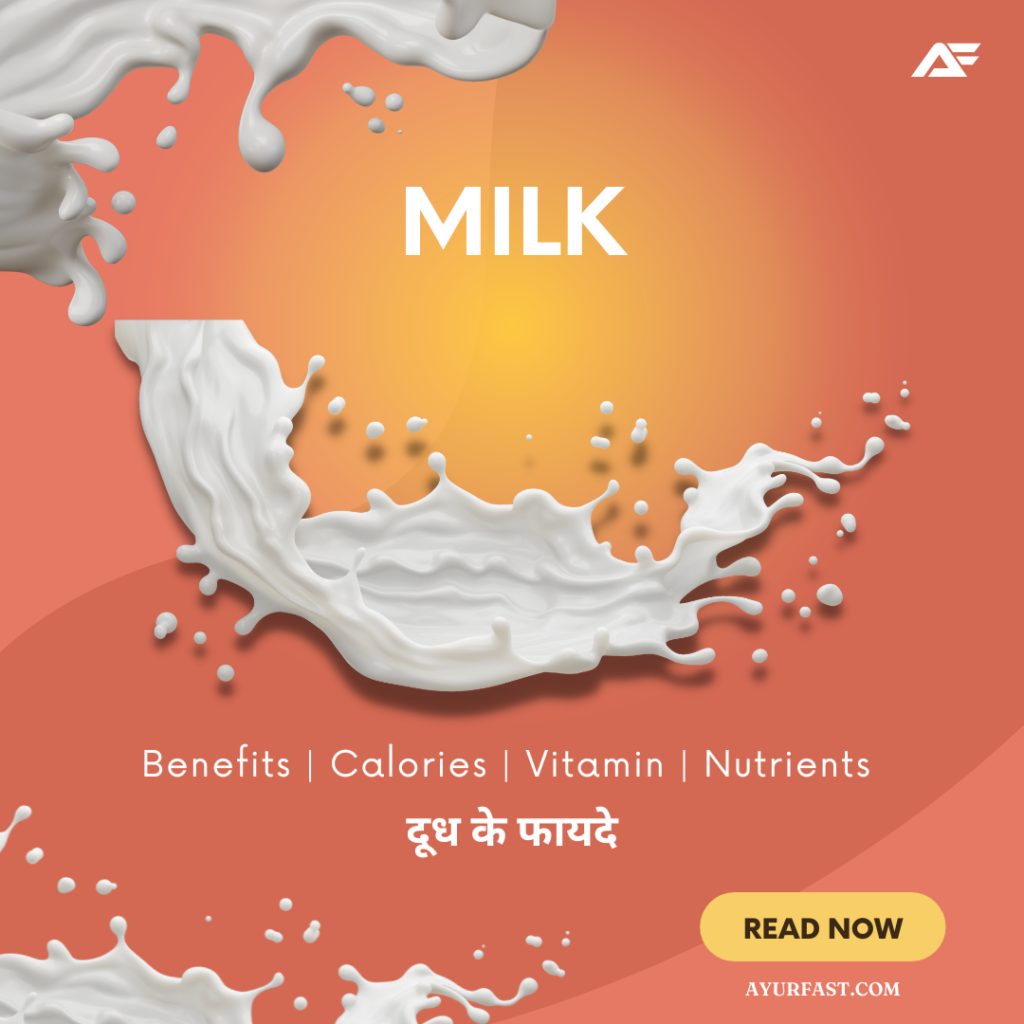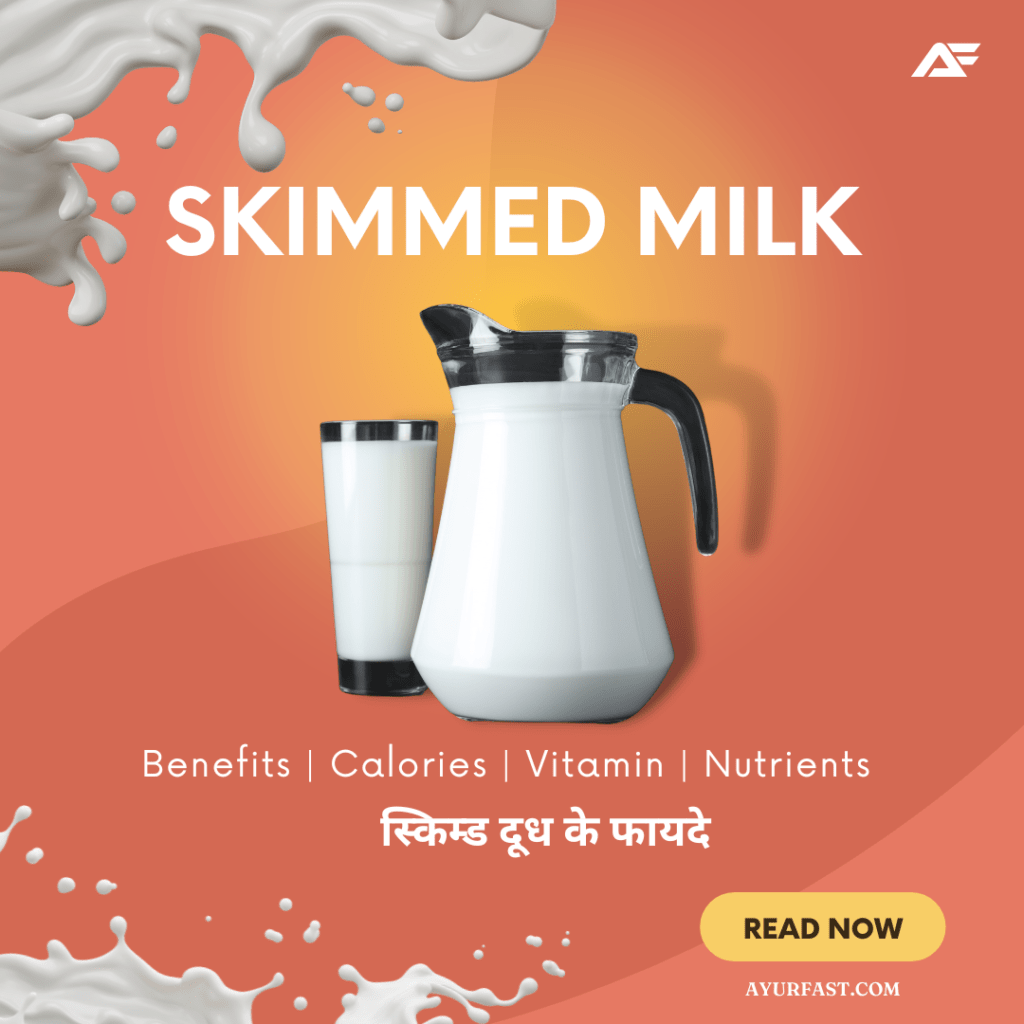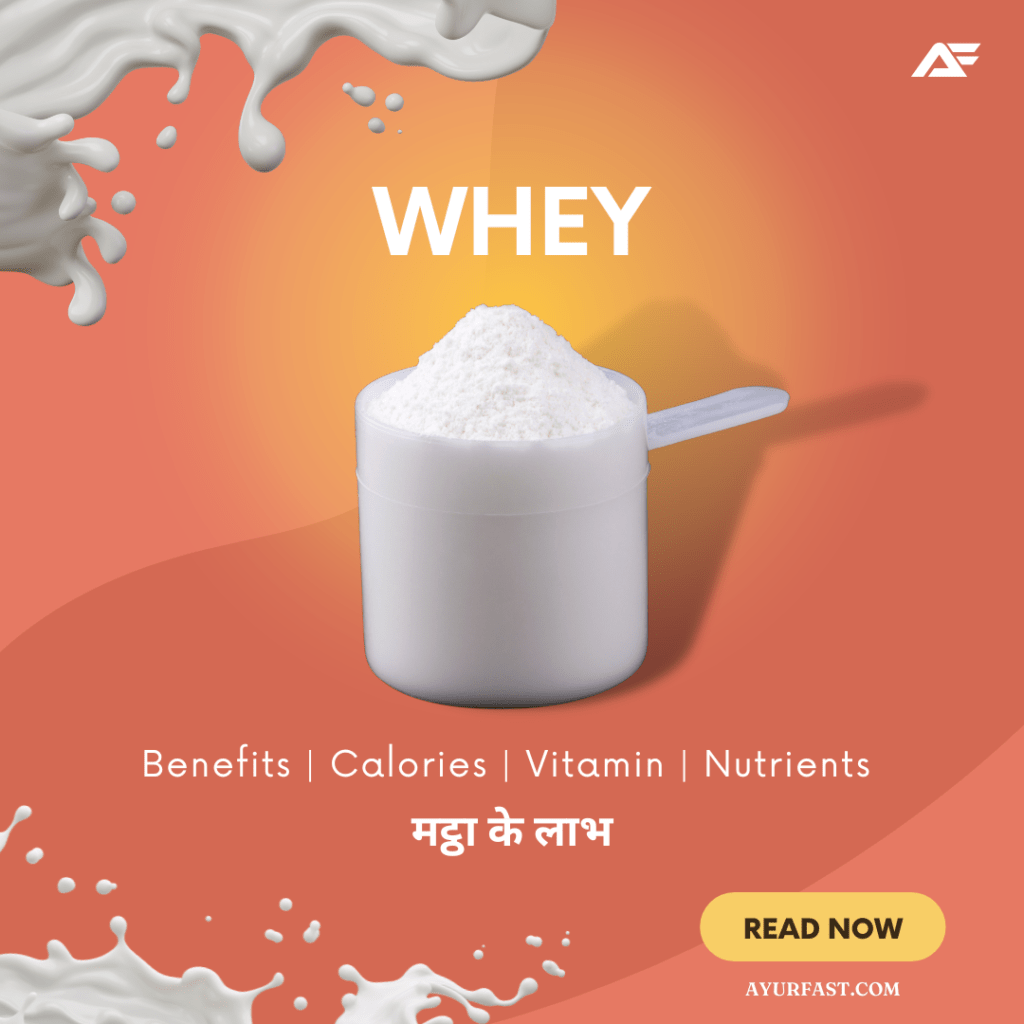Define Cheese
Cheese is a dairy product that is made by coagulating milk protein (casein) with acid or rennet and then separating the curds from the whey. The curds are then pressed or aged to create the final cheese product. Cheese can come in a variety of textures, flavors, and forms.
Health Benefits of Cheese:
- Good source of protein: Cheese is a good source of high-quality protein, which is essential for building and repairing muscle and tissue.
- Rich in calcium: Cheese is a good source of calcium, which is essential for building and maintaining strong bones and teeth.
- Rich in vitamins: Cheese is a good source of several important vitamins, including vitamin A, vitamin B12, and vitamin D.
- May reduce the risk of osteoporosis: Cheese is a good source of calcium, which may help reduce the risk of osteoporosis, a condition that causes bones to become weak and brittle.
- May improve gut health: Some types of cheese contain beneficial bacteria that may improve gut health and help prevent digestive issues.
Health Losses of Cheese:
- High in saturated fat: Cheese is often high in saturated fat, which can increase cholesterol levels and contribute to heart disease.
- High in sodium: Cheese can be high in sodium, which can contribute to high blood pressure and other health issues.
- May contribute to weight gain: Cheese is high in calories and fat, which can contribute to weight gain if consumed in excess.
Preparation Method of Cheese:
- Milk is heated to a specific temperature and then an acid, like lemon juice or vinegar, is added to separate the curds from the whey.
- The curds are then collected and pressed into a mold to create a solid cheese.
- Some types of cheese are aged for varying amounts of time to develop flavor and texture.
Treatments where Cheese can be used:
- Cheese can be used as a topping for pizza, pasta, and salads.
- It can be used in sandwiches, burgers, and wraps.
- Cheese can be melted and used as a dip or a sauce for vegetables or chips.
- It can be used as a filling for omelets, quesadillas, and burritos.
Harms of Overdose of Cheese:
- High-calorie intake: Overconsumption of cheese can lead to excess calorie intake, which can lead to weight gain.
- High sodium intake: Overconsumption of cheese can also lead to excess sodium intake, which can contribute to high blood pressure and other health issues.
- High saturated fat intake: Overconsumption of cheese can contribute to high levels of saturated fat, which can increase cholesterol levels and contribute to heart disease.
Per Day Maximum Consumption Chart:
- Child: 1-2 servings (10-20 grams)
- Adult Man: 2-3 servings (20-30 grams)
- Adult Woman: 1-2 servings (10-20 grams)
Energy and Macro Nutrient Content of Cheese (per 50-gram serving):
| Nutrient | Amount |
|---|---|
| Calories | 174 kcal |
| Carbohydrates | 1.4 g |
| Fats | 14 g |
| Proteins | 11 g |
| Fiber | 0 g |
| Water Content | 20 g |
Vitamin Content of Cheese (per 50-gram serving):
| Vitamin | Amount |
|---|---|
| Vitamin A | 257 IU |
| Vitamin B1 | 0.04 mg |
| Vitamin B2 | 0.22 mg |
| Vitamin B3 | 0.3 mg |
| Vitamin B6 | 0.03 mg |
| Vitamin B12 | 1.04 mcg |
| Vitamin C | 0 mg |
| Vitamin D | 0.34 mcg |
| Vitamin E | 0.11 mg |
| Vitamin K | 0.35 mcg |
| Folate | 6.5 mcg |
| Biotin | 0.6 mcg |
Mineral Content of Cheese (per 50-gram serving):
| Mineral | Amount |
|---|---|
| Calcium | 300 mg |
| Iron | 0.2 mg |
| Iodine | 11 mcg |
| Zinc | 1.2 mg |
| Magnesium | 20 mg |
| Phosphorus | 225 mg |
| Potassium | 66 mg |
| Sodium | 460 mg |
| Chloride | 300 mg |
| Copper | 0.03 mg |
| Chromium | 0 mcg |
| Fluoride | 3 mcg |
| Molybdenum | 5.5 mcg |
| Manganese | 0.01 mg |
| Selenium | 11 mcg |
What is cheese?
Cheese is a dairy product made from milk curds.
How is cheese made?
Cheese is made by coagulating milk and separating the solid curd from the liquid whey.
What are the types of cheese?
There are many types of cheese including cheddar, mozzarella, feta, blue cheese, Swiss cheese, and many more.
What is the history of cheese?
Cheese dates back over 4,000 years and was first discovered in ancient Mesopotamia.
What are the health benefits of cheese?
Cheese is a good source of calcium, protein, and vitamins. It also contains probiotics that can benefit gut health.
How do you pair cheese with wine?
Different cheeses pair well with different wines. Generally, white wines pair well with soft, creamy cheeses, while red wines pair well with harder, aged cheeses.
What is the best way to store cheese?
Cheese should be stored in airtight containers in the refrigerator. Hard cheeses can be wrapped in wax paper or cheese paper.
What is the cheese aging process?
Aging cheese allows the flavors and textures to develop over time. This can take anywhere from a few weeks to several years.
What are some cheese brands?
Some popular cheese brands include Kraft, Tillamook, and Cabot.
What are some cheese production methods?
Cheese can be produced using different methods such as pasteurization, homogenization, and fermentation.
What is artisan cheese?
Artisan cheese is made using traditional methods and typically has a unique flavor and texture.
What are the different cheese textures?
Cheese can have a variety of textures including soft, semi-soft, hard, and crumbly.
How is blue cheese made?
Blue cheese is made by inoculating cheese with Penicillium mold spores.
What is feta cheese?
Feta cheese is a soft, crumbly cheese made from sheep's milk or a combination of sheep's and goat's milk.
How is cheddar cheese made?
Cheddar cheese is made by pressing and aging curdled milk.
What is cream cheese?
Cream cheese is a soft, spreadable cheese made from a combination of milk and cream.
What is brie cheese?
Brie cheese is a soft, creamy cheese that is typically made from cow's milk.
What is Gouda cheese?
Gouda cheese is a semi-hard cheese that is typically made from cow's milk.
What is Parmesan cheese?
Parmesan cheese is a hard, dry cheese that is typically grated and used as a topping for pasta dishes.









